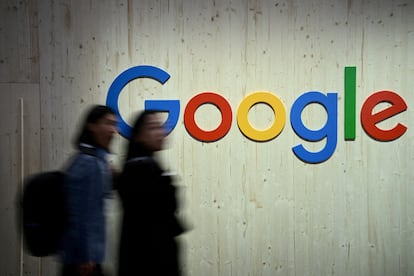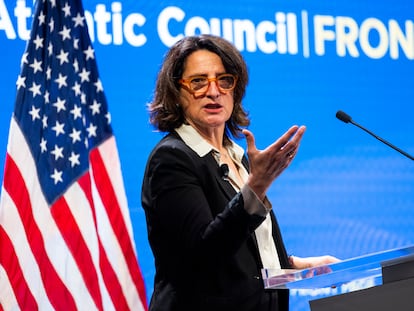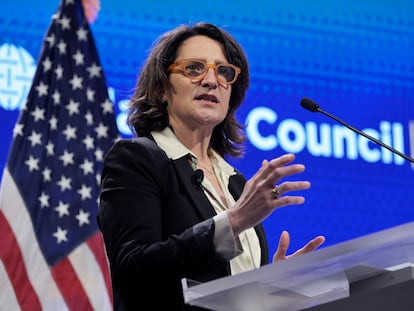Google hit: EU lawyer backs largest fine ever imposed by the European Commission


Alphabet and Google have received some very bad news: the EU Advocate General is leaning toward rejecting their appeal against the fine imposed by the Commission in 2018, the highest in history so far. In the opinion of jurist Juliane Kokott, the tech giant "abused its dominant position by imposing anti-competitive restrictions on mobile phone manufacturers and operators." Although the lawyer's opinion does not determine the outcome of the ruling that the Court of Justice of the EU will hand down in a few months, in most cases the judges tend to agree.
In July 2018, Brussels fined Google €4.34 billion for abusing its dominant position by implementing Google Search and Google Chrome when mobile phone manufacturers were using the Android operating system. The American company's first appeal to the General Court was unsuccessful . The ruling upheld almost the entire European Commission decision, except for a part that led to a small reduction in the fine: to €4.125 billion. It is this ruling that Kokott is calling for to be ratified.
During the litigation, the Commission's lawyers emphasized that Google followed a "carrot and stick" strategy that restricted competition . According to this account, the US company required mobile phone manufacturers to install applications such as the Chrome browser and the Google Search engine as standard if they wanted a license to operate the Play Store app store. They also argued that it is anti-competitive for the tech giant to require manufacturers not to use unauthorized variants of its Android operating system.
The content of this lawsuit is very reminiscent of the one that took place this summer in the United States, in which a Washington judge ended up condemning the Alphabet subsidiary for monopolistic behavior and, although he has not yet imposed the punishment, the attorney general has already asked the company to sell part of its business .
Do you want to add another user to your subscription?
If you continue reading on this device, it will not be possible to read it on the other device.
ArrowIf you want to share your account, upgrade to Premium, so you can add another user. Each user will log in with their own email address, allowing you to personalize your experience with EL PAÍS.
Do you have a business subscription? Click here to purchase more accounts.
If you don't know who's using your account, we recommend changing your password here.
If you decide to continue sharing your account, this message will be displayed indefinitely on your device and the device of the other person using your account, affecting your reading experience. You can view the terms and conditions of the digital subscription here.

He is a Brussels correspondent. He has spent most of his career in the Economy section of EL PAÍS, where he was responsible for covering the Spanish labor market, the pension system, and social dialogue between 2008 and 2021. He holds a degree in History from the University of Valencia and completed the UAM/EL PAÍS Master's in Journalism in 2006.


EL PAÍS

%3Aformat(jpg)%3Aquality(99)%3Awatermark(f.elconfidencial.com%2Ffile%2Fbae%2Feea%2Ffde%2Fbaeeeafde1b3229287b0c008f7602058.png%2C0%2C275%2C1)%2Ff.elconfidencial.com%2Foriginal%2Fbd4%2F6c9%2F9fb%2Fbd46c99fbde3d92963e95e61be6d5797.jpg&w=3840&q=100)



